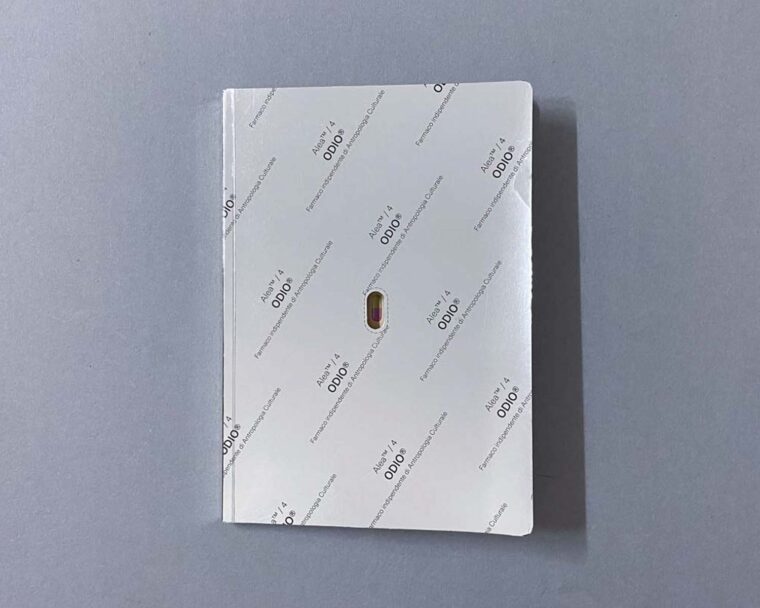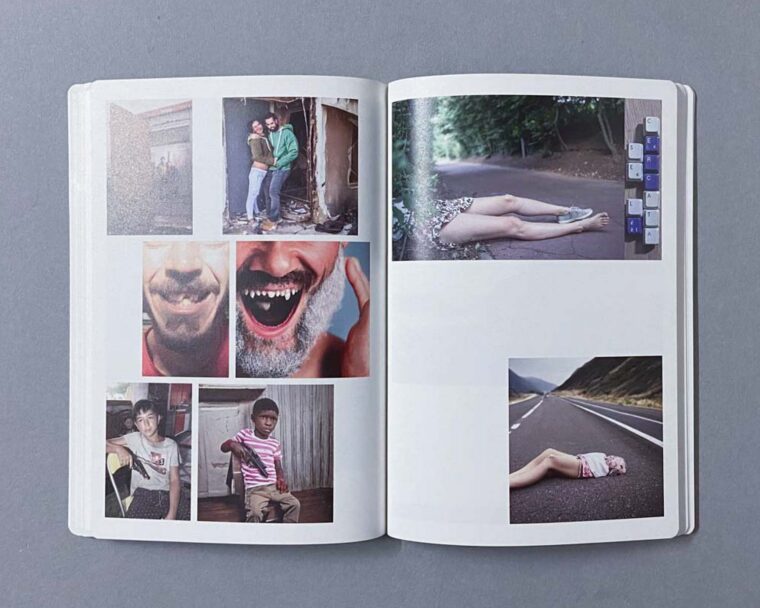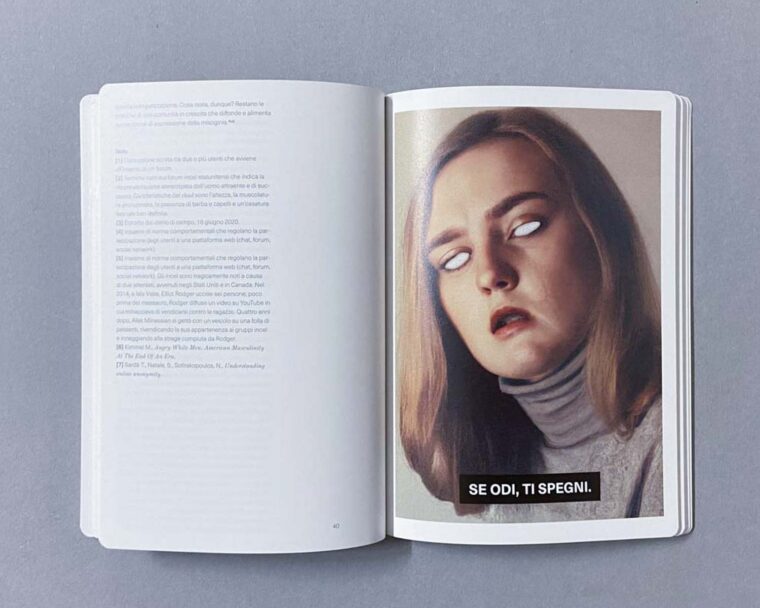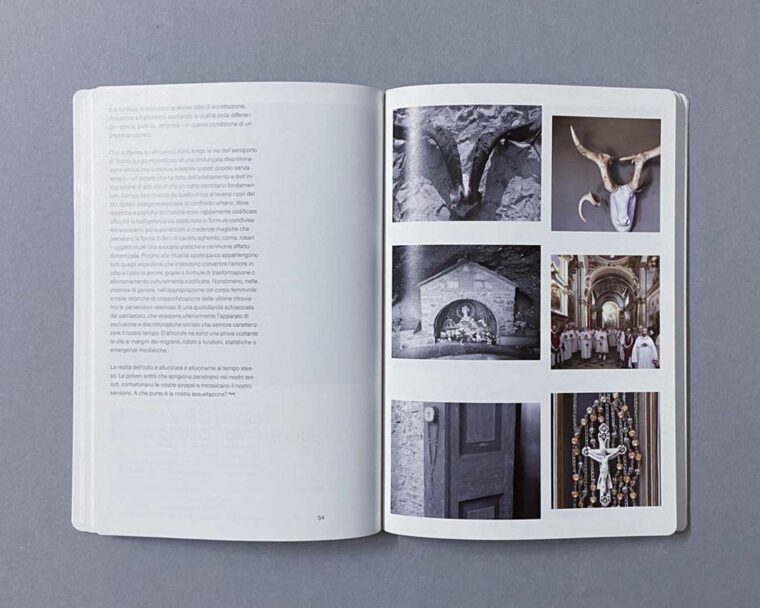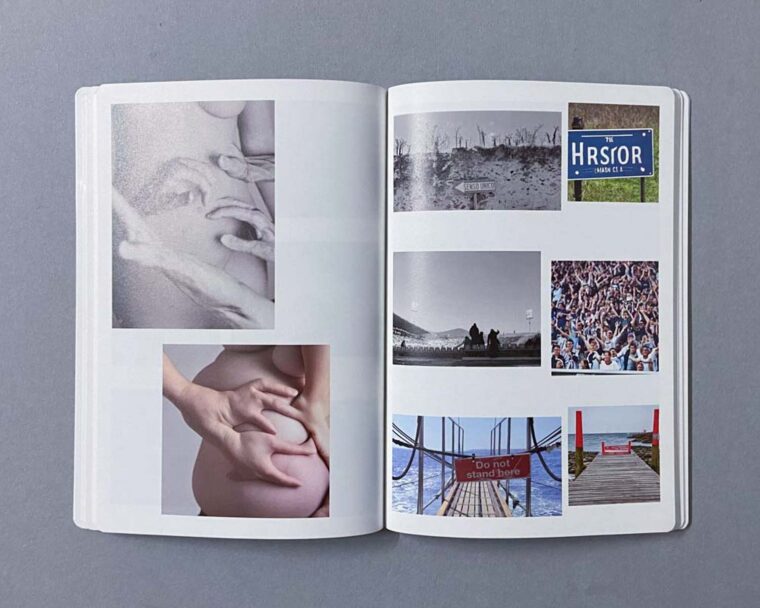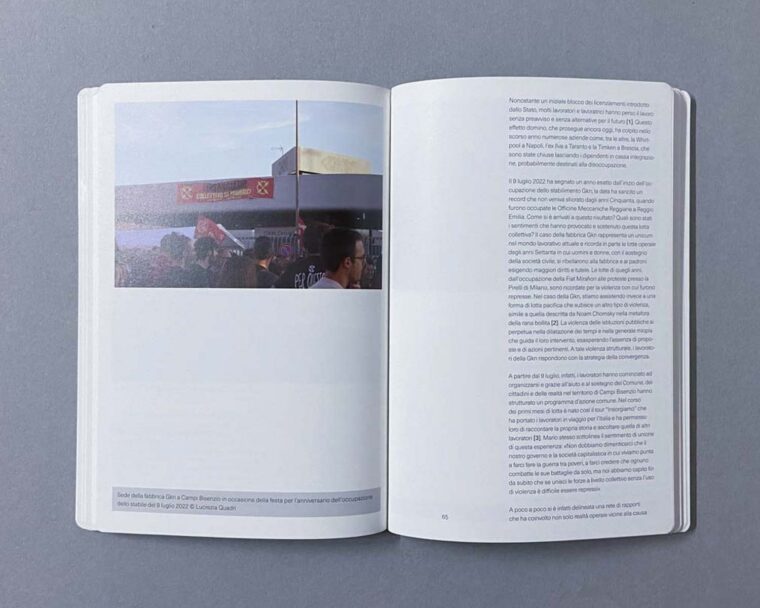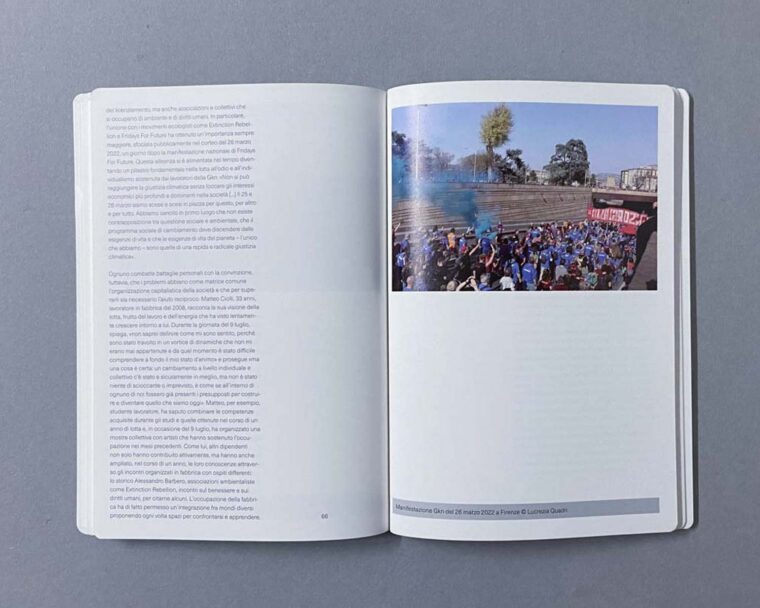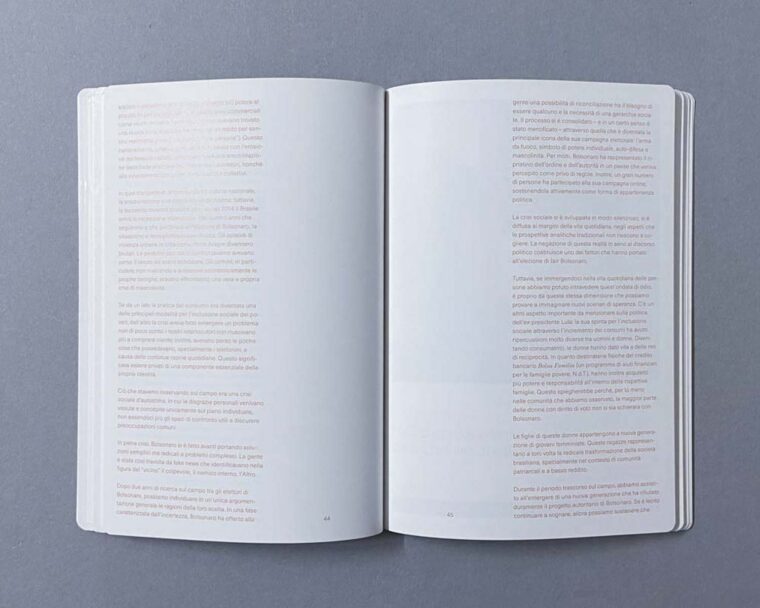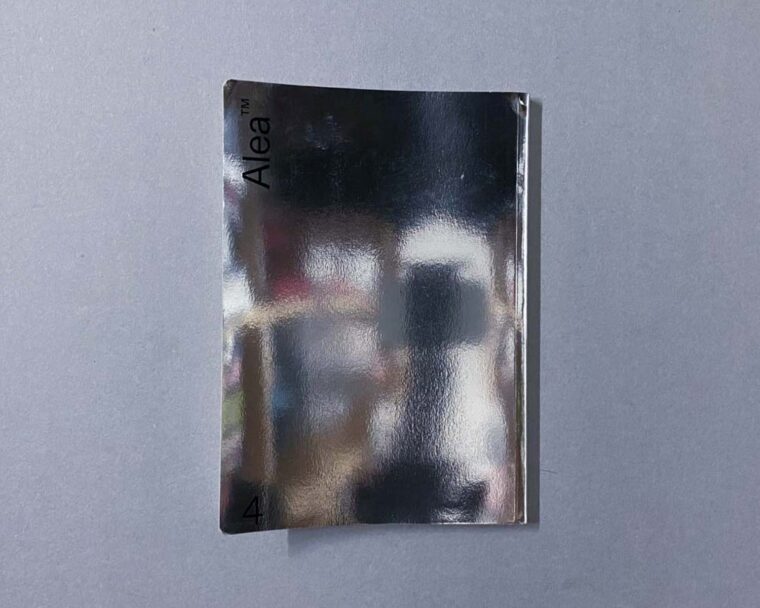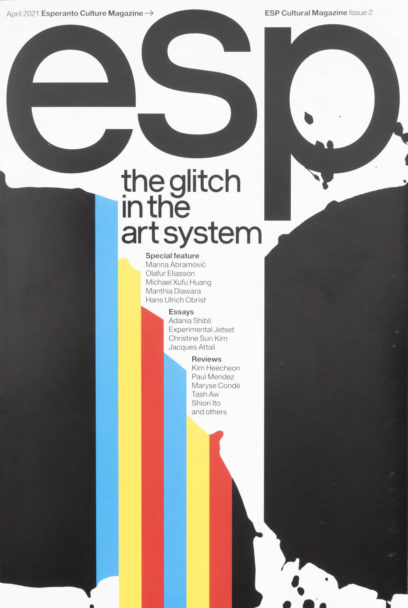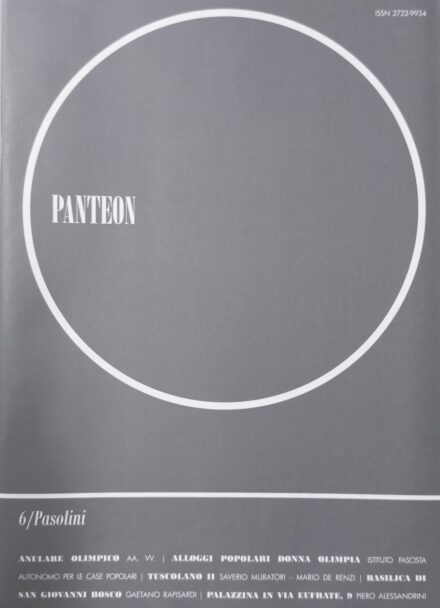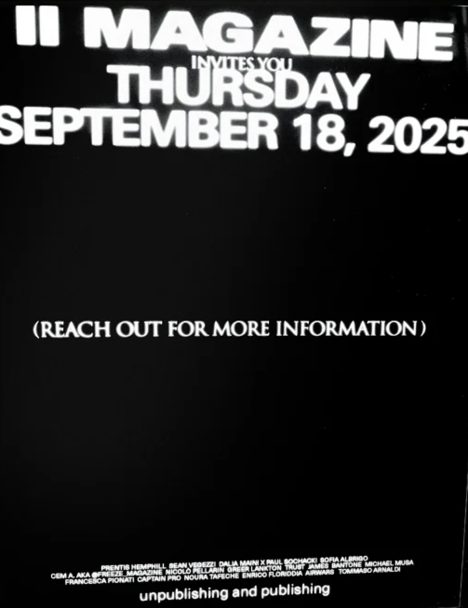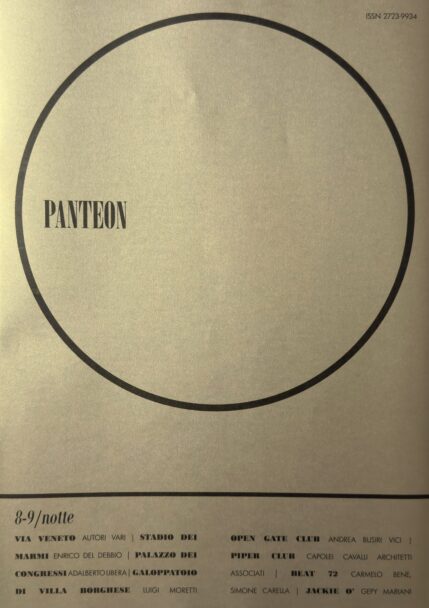
A.A.V.V., ALEA – 4 / Odio, 2022
17 Euro

1 in stock
What do we do when we hate? The question, given the circumstances of our time, is pressing: we are enveloped in societies of enmity and rejection, bent on the systematic removal of otherness. The exaltation of the ego encloses life within ever narrower circuits, drawing boundaries and distances whose inhuman qualities we seem obliged to omit. Hate stirs within us. Hate agitates us. Hostility, revulsion, intolerance: we unconsciously respond to binary patterns that generate irreconcilable polarities and reproduce irreconcilable contradictions. We hate with passion. But this affection of the soul seems unable to escape the dominant socio-cultural discourses and representations that guide its overall meaning. By tracing the telluric propagations of hatred, it becomes possible to observe society’s multiple fault lines; however, the investigation must go further, paying attention to both the unexpected tremors and the more imperceptible vibrations. Hatred is a movement, a process that accumulates and releases a complex stratigraphy of political, economic and cultural energies. Its contemporary jolts open unprecedented fractures: is it possible to hate capitalism and its catastrophes? Is it possible to remove hatred from the divisive and polarised models that tend to convey it? Can we imagine generative and revolutionary practices of hatred, beyond any form of superficial appropriation of this feeling? We approach the epicentre of a phenomenon that has indelibly marked human history: in the voice of its deepest tremors, we now try to grasp the very otherness of hatred.
Abstracts: Francesco Danesi della Sala, Pharmacology of an epilogue, Caterina Capello, Hating (and loving) on the bend
Contributions by: Stefan Ecks, Damiano Gallinaro, Chiara Musu, Rosana Pinheiro-Machado, Lucia Mury Scalco, Mondher Kilani, Lucrezia Quadri, Caterina Capelli, Federica Tessari, Roberto Carli, Giusi Bonomo, Roberta Donatini, Nicolò Atzori, Davide Lhamid, Matteo Montenero, Andrea Bortolotti, Paolo Ghisu, Luca Petrassi.
Alea is an independent publishing project founded in 2020. The magazine intends to measure itself against the nuanced and complex rhythms of contemporaneity, through a polyphonic and multidisciplinary narrative.
Each issue is oriented by a broad thematic framework, whose interpretation is entrusted to the individual contributions selected by the editorial board.
Within the pages of Alea, anthropological ethnography lends itself to unprecedented and fascinating encounters – or disencounters – with a wide variety of disciplines, visions and artistic practices. Readers are given a challenge that is as provocative as it is risky: to attempt to recompose a possible narrative plot.
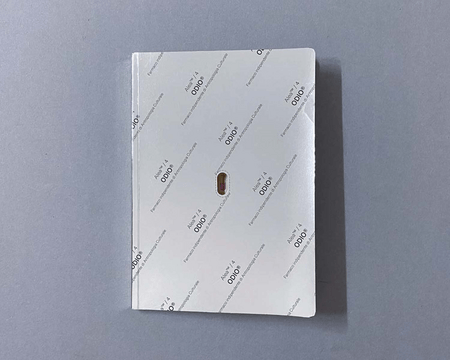
Alea, 2022
Editorial Director: Francesco Danesi della Sala
Graphic design: Diego Oberti, Francesco Danesi della Sala
Editorial board: Pierluigi Bizzini, Maria Elena Lopatriello, Pasquale Menditto, Silvia Pizzirani, Stefania Zanetti
Coordinator: Alice Gattari
Communication: Bernardo D’Ortenzio
flexible cover
cod.9788894670738
